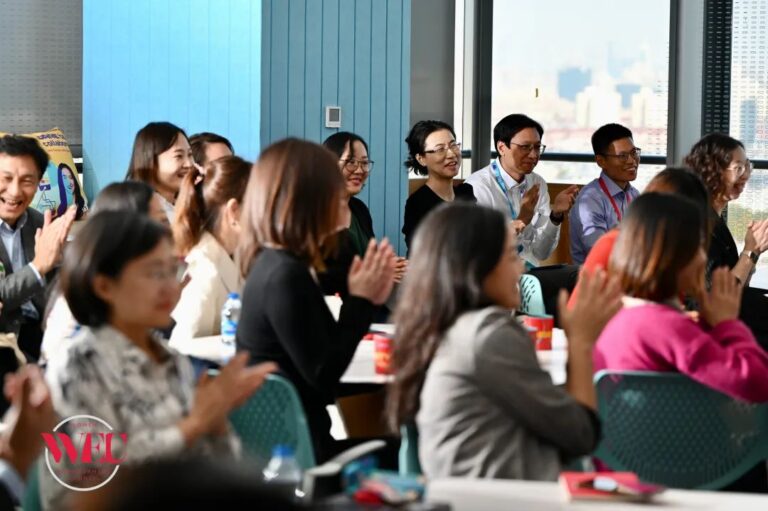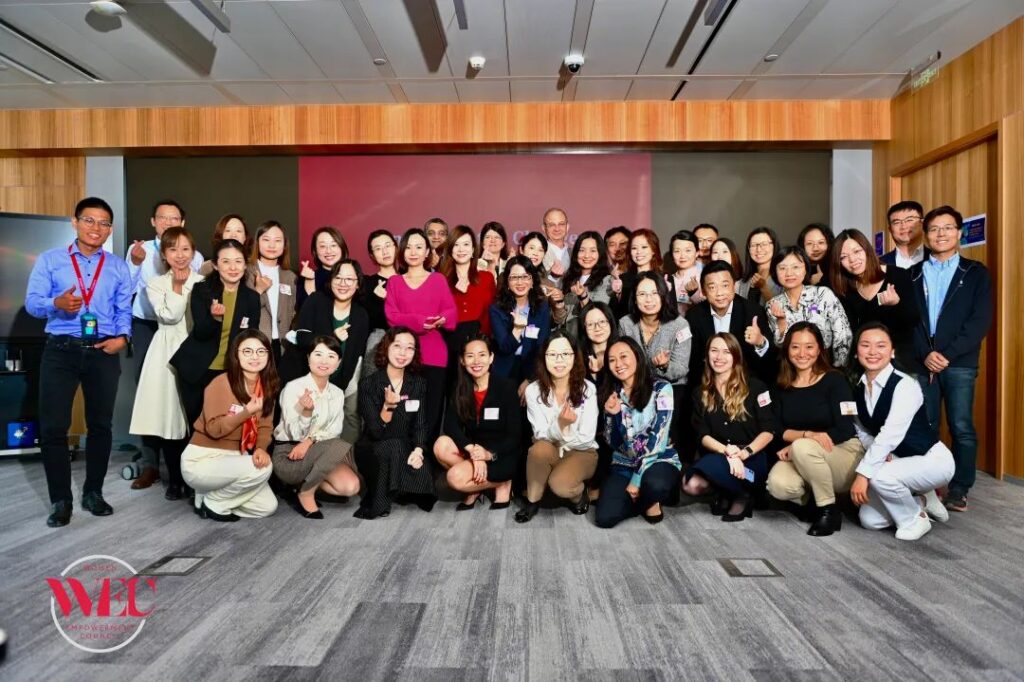On November 10th, Henkel & Merck jointly hosted a Women Empowerment Council member event at Merck Innovation Center, Shanghai.
Rajat Agarwal from Henkel and Al Gabor from Merck shared their insights on invisible obstacles that women may face at the workplace as well as goals to support people managers and women in their organizations. Elisabeth Staudinger from Seimens Healthineers shared her personal leadership journey as a woman. In the breakout session, 34 participants dived into five common areas related to women’s advancement to find some actionable solutions. They discussed challenges and suggested actions to create a safe environment that can empower women to overcome systematic inequality and pursue their professional goals. WEC facilitated the group sharing. Insights from the five questions follow below:
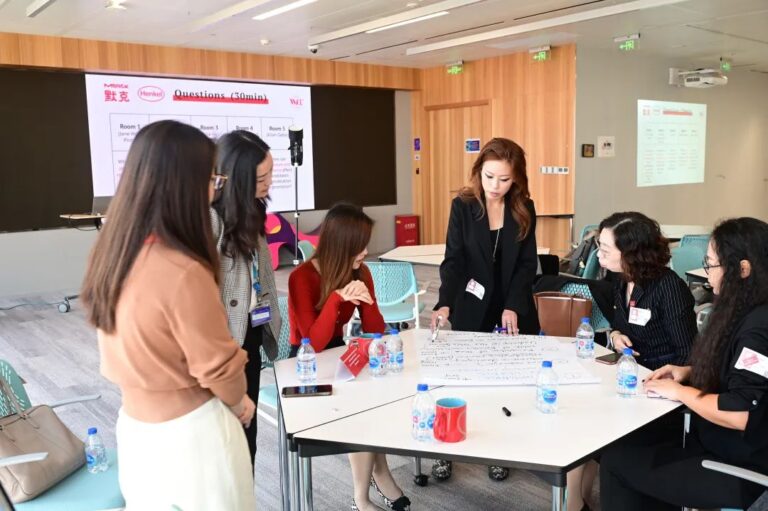
Group 1 – What are the perceived or real barriers to career advancement for women? e.g., not enough discussion on career development? (Facilitator: Jane Wong Pinter)
Sometimes women lack confidence and are too shy to express their opinion. Therefore, women must find the courage within themselves to take the initiative and raise their voices
Leaders should encourage females to ask for opportunities and to speak up, raise awareness of gender equity, and initiate conversations
More recognition from male peers would help women overcome internal barriers
Society has high expectations for females to devote themselves to the family, which makes it more challenging for them to pursue their career goals
Some talented women don’t always have aspirations and ambition
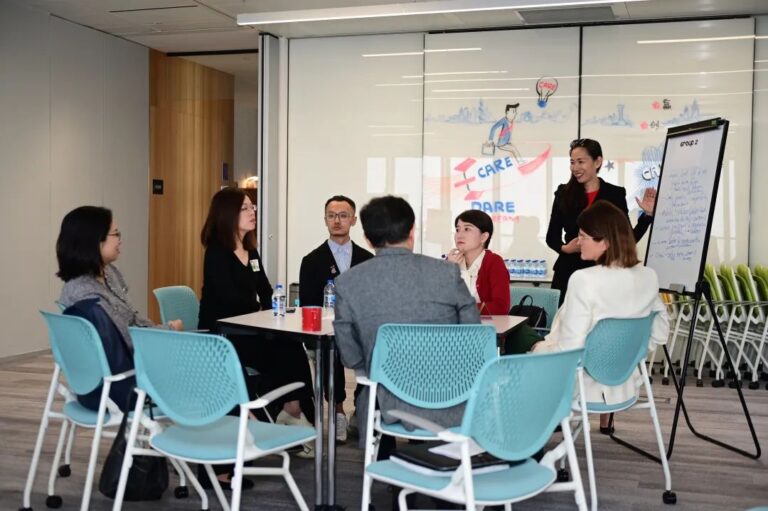
Group 2 – What are the (conscious/unconscious) biases in the system which may create inequity? (Facilitator: Elisabeth Staudinger and Diane Ho)
Due to conscious biases (societal conditioning), women get questions during the interviews that men are not asked, e.g., plans for pregnancy, marriage, and how they will manage work and family
To ensure equality with mobility opportunities, women need different benefits to better adapt to the work situation, e.g., flexibility with schedules, higher compensation, etc.
“Not fit the role” stereotypes (unconscious and conscious): gender descriptions should be removed from personal data or CVs; use a neutral interview panel as part of the decision-making; and challenge some ‘traditional’ beliefs about what a woman can or cannot do
Give women more opportunities to showcase their talent and more exposure to senior leadership
Highlight female role models to show the impacts of females are making in organizations
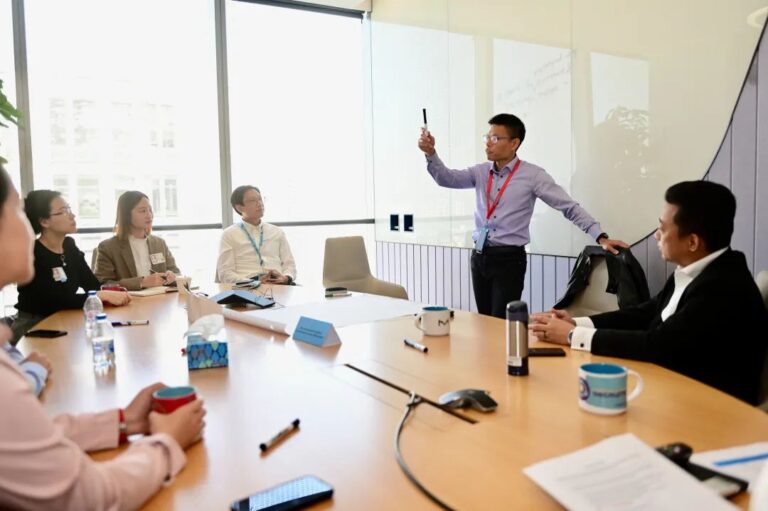
Group 3 – How can development program be customized for greater effectiveness? (Facilitator: Julie Fu)
Create a psychologically safe environment for female employees to speak up: this can help companies understand what they want, who they are, and where they want to go
Provide support on self-assessment
Initiate an individual development plan early on in their career
Increase visibility to career development opportunities
– What kind of tools are available and where to get them?
– Transparent communication is key on the career ladder
– Promote a growth mindset
Create different development programs for different age groups
– Equal opportunities for development regardless of age or seniority
– Empowerment & encourage feedback
Ensure leadership is open to change and set clear criteria needed to get the desired roles

Group 4 – What can increase transparency for the promotion processes? (Facilitator: Rajat Agarwal)
Transparency in opportunities
– Publish opportunities in common channels available for all employees
– Ensure criteria for each position is clear
– Develop applications that are effective and do not require pre-approval
– Allow employees to apply to any position without informing their managers
Transparency in the selection process
– Assessment
– Responsibility
– Panel interview (talent committee)
– Decision making
Transparency in communications
– Feedback to all candidates (explain why they did not get the role)
– Announcement and celebration of those who were promoted
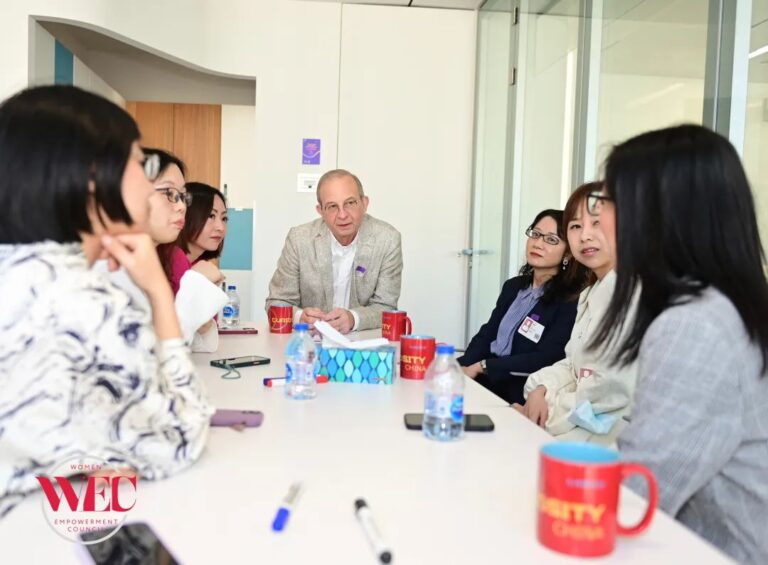
Group 5 – How can exposure and presence affect the candidate’s consideration for promotion? (Facilitator: Allan Gabor)
Having a safe environment is important to gaining exposure to promotion. Female employees face challenging environments and may need to learn to be bold
Female employees need both mentorship and sponsorship to develop “pressure”. Sponsorship gives women the needed support and opportunities to face ‘invisible’ challenges
Embrace differences in qualities of a leader and expand the capabilities capable of handling stressful situations. Younger talent may stand out better under pressure (less constrained by traditional views)
Give young talent enough confidence to take on challenges
